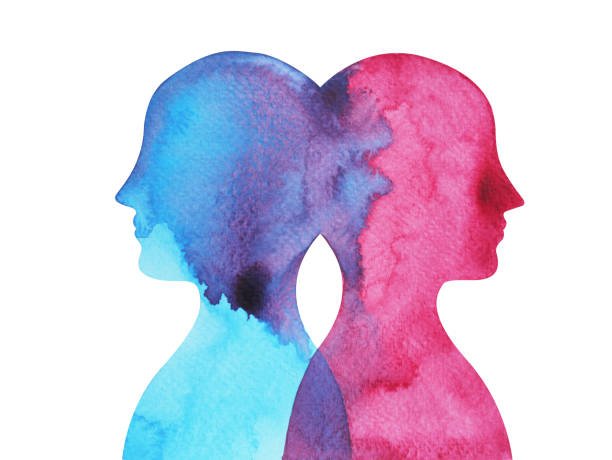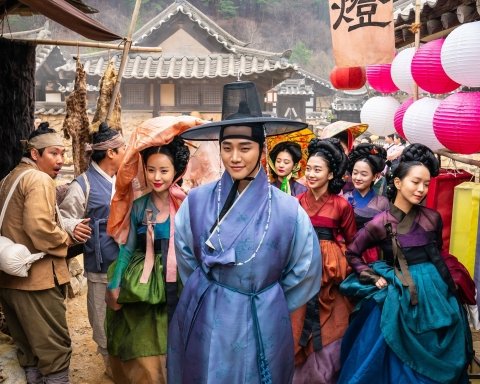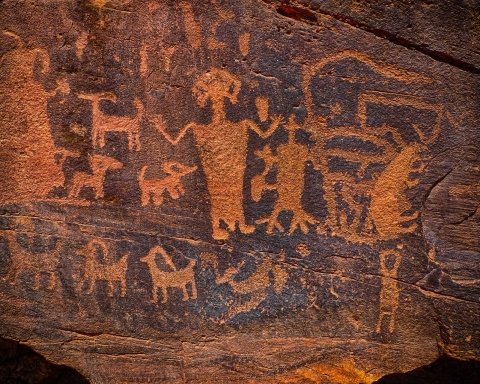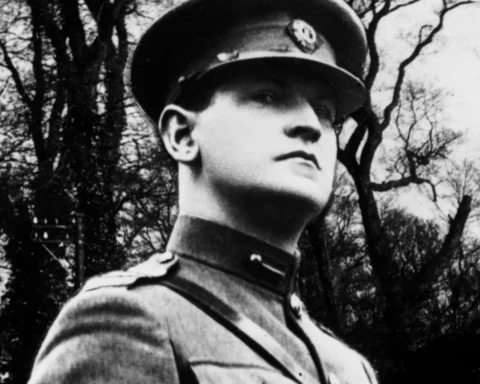Upon wreaking havoc upon collectivist paradigms of Medieval Ages, humanism with its androcentric emphasis occasioned civilizations to undergo a sense of “rebirth” to the ideal. However,When topical dynamics intermingle, the means leading to the ideal essence unequivocally shift. This shift is evident in Thomas More’s Utopia and Machiavelli’s The Prince.
Within this frame, albeit the incentive is steadfast, that is, marking a break from corrupted medieval practices under the banner of humanism, the substructures of their ideal societies differ diametrically.
I believe we can compare their understanding of Humanism by examining how they treat civic individuals. In this sense, I will mostly focus on Machiavelli’s emphasis on “fear” and More’s promotion of “peace,” considering their contextual influences.
First of all, I believe Machiavelli wrote “The Prince” in response to the political turmoil of his time, aiming to offer guidance for rulers in maintaining power. His work reflects his observations of Renaissance politics and his belief that leaders must prioritize stability and power over morality.
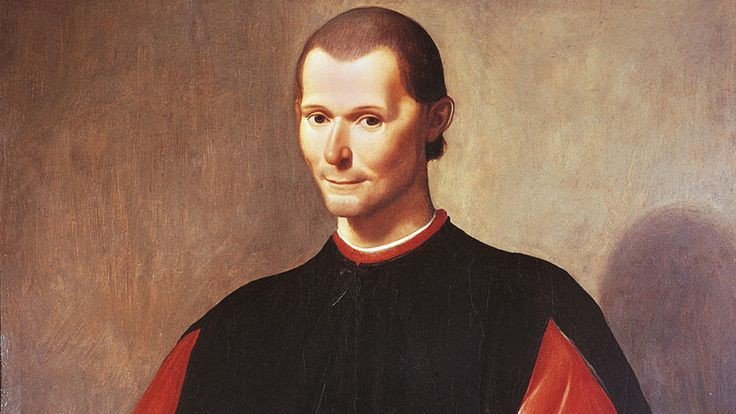
As Harris Harbirson states, Machiavelli was the progeny of social tension doubly fuelled by dissolution of medieval respublica christiana (Machiavelli’s Prince and More’s Utopia 44).
Catapulted into political tension among a patchwork of city-states, Machiavelli formulated a specula principis. This is for highlighting theoretical excellency presented by an ideal prince, by a monarch in a realistic manner.
Thusly, he deals with political issues “not in accordance with lofty ideals, but as they actually were”, which can be accorded with his incentive in pursuit of utile[1] (Edward Burns, Western Civilizations 365).
Leaning upon utile, Machiavelli opines that a prince should be feared rather than loved since “men are a sorry breed”, and thus do not appreciate the tie woven by love in presence of private interests (44). Fear, indeed, becomes an objectifier par excellence by building an elliptical firm structure around individuals to jettison any liquid liberation.
As a modern reader, given the very elements, I daresay Machiavelli saw individuals berefting of static perfection as abjects. Since abject is “what disturbs…system, order”, even the ideal society per se (Julia Kristeva 4).
In this sense, Machiavelli further asserts some other rules. Like that a Prince needs such reputation of cruelty, without which “no army can be held together” (44).
So, while espousing fear as sine-qua-non, Machiavelli, at some point, eschews any means for civic individuals to disturb order, even the exponential progress, and retains robust system intact via fear, as Kristeva expounds on establishing “civilizations” (12-3)[2].
Because resorting to an ideal single body is doctrinally coterminous with displacement of civic individual emphasis.
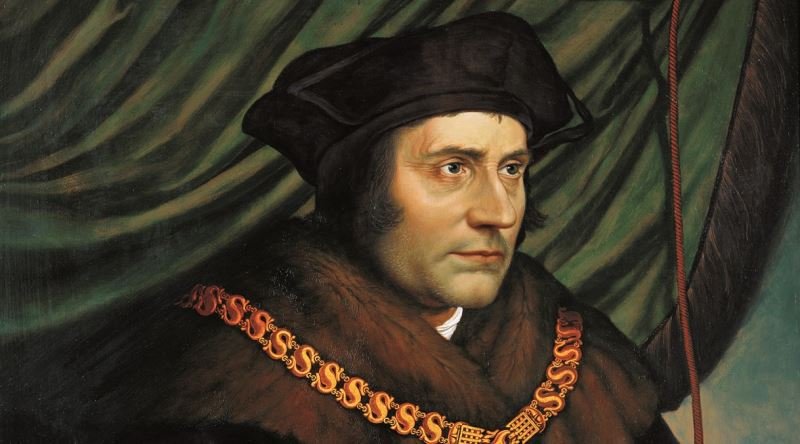
However, More’s apotheotic words form a dichotomic attitude to that of Machiavelli internalizes: “If a king should fall under such contempt…that he could not keep his subjects in their duty but by oppression and ill usage…it were certainly better for him to quit” (40).
It would not be farfetched to state that More does not see individuals, that is, subjects, as abjects to be oppressed by fear in optimus status rei publicae. Utopa is “humane and civilized in spirit” where “power could be…tamed by righteousness” and peace is intrinsically promulgated (E. Harris Harbison 63).
Beyond any doubt that, then, More is an ideologue of innate-goodness. To put succinctly, Utopians have no law, only their philosophies “teach[ing] a man with propriety and decency” (42).
In this sense, unlike Machiavelli, More evinces congruence with civic individuals with their “moral choices”, as further reinforced on the following page (43). One may ask: why does More condone individual “errors” in his imago? It may be because of the fact that, as Harbison Further asserts, the Utopia has already reached a plateau, a collective static psyche (61).
Although More introduces a prince and a sense of panoptic state reverberating itself from marriage into social life, there, still, does not exist as strict stipulation burdened upon individuals as Prince lays foundations of. There is, indeed, a concession of stipulation, a sense of uniformity in terms of actions.
Besides presenting a prince, More assiduously circumvents an ultimate form of monarchy control via primus inter pares. This substantially undergirds, as James Hankins puts it, a firm justice in favor of commonwealths, which More personally upholds. (Humanism and Modern Political Thought 137).
Consequently,
That is to say, Machiavelli idealizes a single monarch and relies on fear to maintain control. He did thus by neglecting the individual freedoms of citizens. In contrast, More meticulously constructs a peaceful society over time and space, allowing civic individuals a sense of freedom to express their nature. He envisions a realm where individuals can experience a form of fluid liberation(87).
Notes
[1] “Since my purpose is to write something useful [utile] to him who comprehends it, I have decided that I must concern myself with the truth of the matter without any fanciful notion [immaginazione]”.
[2] Although tracing such concept in the archaic memory, I believe Kristeva’s statement can be adaptable to Machiavelli’s removal of civic individual emphasis in order to establish his ultimate system: “ …by way of abjection, primitive societies have marked out a precise area of their culture in order to remove it from the threatening world of animals or animalism” (12-3).
Works Cited
Burns, Edward Mcnall. “The Civilization of the Renaissance: In Italy.” Western Civilizations, 8th ed., vol. 1, New York, W. W. Norton & Company, 1973, pp. 343–72.
Kristeva, Julia. Powers of Horror: An Essay on Abjection. Trans. Leon S. Roudiez. New York: Columbia UP, 1982.
More, Thomas. Utopia. Planet eBook, 2020, www.planetebook.com/free-ebooks/utopia.pdf.
Harbison, E. Harris. “Machiavelli’s Prince and More’s Utopia.” Facets of the Renaissance, edited by William Henry Werkmeister, New York, Books for Libraries Press, 1971, pp. 41-71.
Hankins, James. “Humanism and the origins of modern political thought.” The Cambridge Companion to Renaissance Humanism, edited by Jill Kraye, Cambridge, Cambridge University Press, 1996, pp. 118-141.

